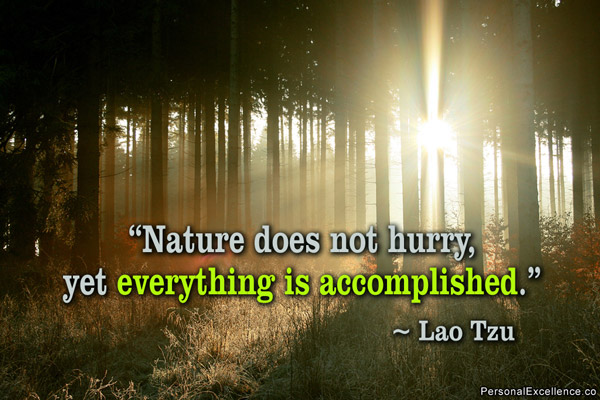Today is Independence Day. If you live in the U.S, you are probably spending this day not working, and using it however you want.
I think I can speak for most when I say that vacation days are appreciated by all working Americans. Recently, I came across an article that spoke of some companies now granting unlimited vacations. Is this not the ultimate dream? A job that gives you the ability to decide when and how much vacation you can take, and you can take as much as you want! You may think that anyone would prefer this option over the standard two weeks paid time off.
But actually, we're much more complicated than that, as the article shows that in companies where this is practiced, they find that their employees take less time off, not more! Why would this be? Most people struggle with internalized moral principles that prevent them from giving themselves what they think they want out of fear of losing respect as a good employee-after all, this privilege is given to you because your manager "trusts" you. Indeed, the unlimited policy expects you to know how to use it appropriately, and thus you can't fully enjoy the benefit because of an irritating side effect called guilt and shame.
I have noticed that many of my clients who work in tech companies with unlimited vacations and other flexible benefits, feel anxious about their work performance. They struggle with perfectionism, over-working, self-doubt, procrastination. And after they leave the office, work is still on their minds. When I ask what their manager says, often times they will say that their manager thinks they are doing fine, or that they don't have a manager to ask. It would seem that my clients feel that the responsibility of management is theirs, a responsibility that comes with some emotional baggage. Their inner-managers are critical and demanding.
The hidden irony about independence is that it can sometimes lead us away from our self-interest, because we lose sight of who the "self" really is. If we have the freedom of choice, then we can freely choose...to work for other people?
To understand how you developed your sense of autonomy, you can look at the relationship between a parent and their teenage child. As the teen grows up and starts to assert their independence, their parents set boundaries to teach them what's right versus wrong, and that there are consequences to their actions. Eventually, the teen reaches the age of adulthood and is free to live any way they want, regardless of what their parents think. Through trial and error, they learn how to take care of themselves physically and emotionally, pursue and define their own happiness, and choose the people they want to be influenced by.
But the path to self-reliance is far from easy. We encounter several obstacles, finding ourselves lost, confused, and feeling bad about ourselves and our choices. And then we trick ourselves into thinking we can't live on our own. These are the times when independence is mistaken for loneliness.
Becoming truly independent is a lifelong process of understanding who you are and accepting responsibility for your desires. You permit yourself to seek help and guidance from others again- this time willingly, and admit to not knowing what you thought you knew. It is about examining your values, ideals, fears, aspirations, and yes, your limitations. Finally, we learn how to limit ourselves as the means to personal freedom.
If you want freedom (and unlimited vacations), you also want the responsibilities that come with it. This is exactly what our forefathers knew when they founded democracy.




